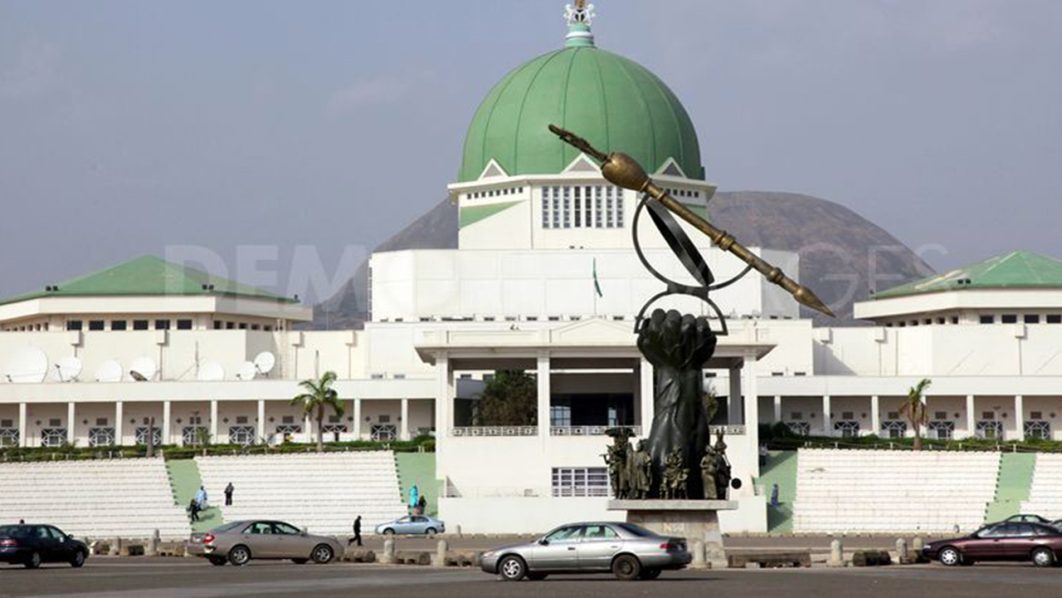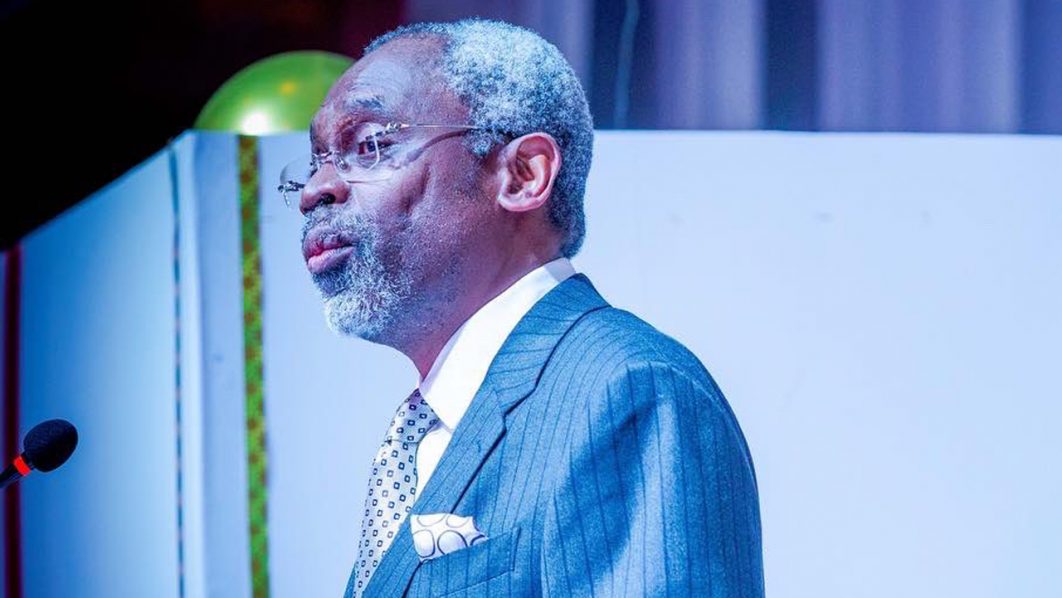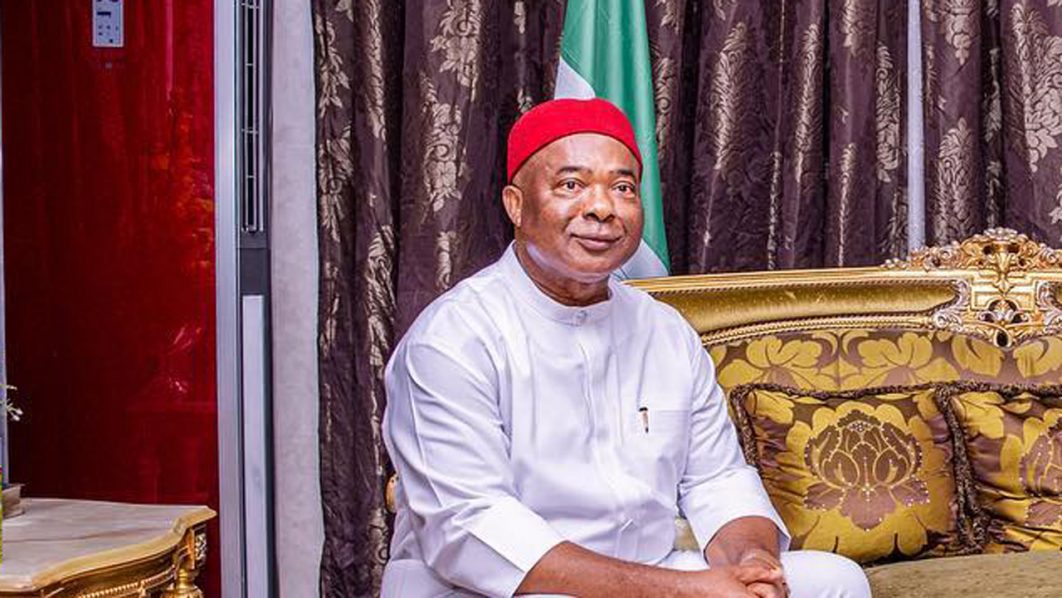
For the first time in Nigeria’s fourth republic, some previously little known political parties would be represented in the country’s National Assembly (NASS). Top on the list are Labour Party and New Nigeria Peoples Party (NNPP).
The Social Democratic Party (SDP) returned some federal lawmakers. It was on the SDP platform that the All Progressives Congress (APC) presidential candidate, Asiwaju Bola Tinubu, who was recently declared winner of the February 25 presidential poll, had a brief stint in the Senate. That was during the short-lived third republic.
And, because he was once a senator, or despite the fact, the plurality of lawmakers with different political party backgrounds would make the 10th NASS very intriguing. Although the governing party has already garnered some 49 Senators-elect, it is possible that the party would not find things easy following the animosity towards its performance in the past eight years.
The Senate comprises 109 Senators, three apiece from the thirty-six states and one from the Federal Capital Territory (FCT). In the anticipated variegated NASS, especially the Senate, many unfinished political battles would be waged.
Recall that the President-elect, Tinubu, made vigorous attempts to programme the Eighth National Assembly by convening a meeting of members and Senators-elect at the International Conference Centre (ICC). Although President Muhammadu Buhari was expected at the meeting, which ostensibly was intended to pre-select floor functionaries of the two chambers, Buhari’s inner men ensured that the president did not attend.
The thinking of the President’s men, particularly the then Chief of Staff to the President, Mallam Abba Kyari, was that the Commander-in-Chief, having proclaimed the Eighth plenary, attending Tinubu’s meeting would amount to sharing the Presidential authority.
Taking advantage of the botched pre-inauguration meeting, Dr. Bukola Saraki, who belonged to the nPDP wing of APC fell back on the support of the 43 PDP Senators-elect, clinch the position of President of Senate.
In the House of Representatives with 360-members-elect, the political cohabitation could not hold as Yakubu Dogara, who emerged as Speaker had Yusuf Lassun from Osun State as his Deputy. As a result, the friction within the Senate, which was accentuated by the Executive-Legislature schism in the Senate, was not very defined in the Green Chamber.
Consequently, now that tables have turned and Tinubu, baring any unforeseen developments, would be proclaiming the 10th NASS, there is the likelihood that elements from the Congress for Progressive Change (CPC) flank of APC might want to requite him for the attempt to choral the Buhari Presidency.
The emerging setting for the multi-coloured NASS tends to suggest a predominance of Northern APC lawmakers, while the South would donate greater number of multi-party lawmakers. This is where the next battle of wits would begin.

In keeping with that arrangement, the Deputy Senate president goes to the North Central so that the Southwest could throw up the Leader of the House of Representatives. But, the struggle for plenary offices may not be that simple, because while the President and Vice President in the outgoing dispensation hail from Northwest and Southwest respectively, the anticipated Tinubu presidency brings about the odd mix of Southwest and Northeast between President and Vice President.
The legislative tally for the parties from the Senatorial results already released by INEC shows that the governing APC has 38, PDP-21; LP-14; SDP-2; NNPP-1 and Young Progressives Party (YPP) 1.
In the Green Chamber, APC returned 107, PDP, 47 while LP and NNPP have 12 lawmakers-elect apiece so far. Violence and various contentions led to the delay in announcing the results of other federal constituencies, just as INEC disclosed that it would hold supplementary polls after next weekend’s gubernatorial and state Assembly elections.
One strong feature of the emerging NASS is that few returnees would be welcomed in the Senate. But, although the Senate President and Speaker of House of Representatives, Ahmad Lawan and Femi Gbajabiamila, won their elections, the leadership calculus for the 10th NASS does not favour their return to their former positions.
This is so because, apart from the swapping of plenary positions between North and South, the Muslim/Muslim pairing in the Presidency presupposes that persons of other faiths would occupy both the offices of Senate President and Speaker.
Already, the jostling for the position of Senate President has gained traction in the Southeast. Chairman of Southeast Governors’ Forum, Governor David Umahi, who contested the APC presidential ticket, is looking up to the Presidency of the Senate as a consolation prize.

Among those eyeing the office of chairman of 10th NASS, former Enugu State governor and Senator representing Enugu East Senatorial District, Dr. Chimaroke Nnamani, comes top. It is believed that being a fellow member of Class ’99 governors with Tinubu, Nnamani would enjoy the confidence of the President-elect.
Nnamani’s interest in the Senate top became a subject of public discussion when he defied partisan differences to become an arch-supporter of Tinubu’s presidential run. Having publicly declared support for Tinubu, PDP did not waste further time to slam a suspension and finally an expulsion on the America-trained specialist Foetal Surgeon.
Matters came to a head for Nnamani, when barely two days to the National Assembly, Barrister Oyibo Chukwu, the LP Senatorial contender for same Enugu East Senatorial seat was gruesomely murdered and his corpse set ablaze.
Ever since the murder, which was described by Chukwu’s friends and associates as political assassination, there have been back-and-forth finger-pointing as to who ‘deleted’ the Senatorial contender. As political rival claim that Chukwu’s killing must have been associated with the February 25 poll, opinions were divided among citizens about whether the brutal murder was by the unknown gunmen campaigning against elections in Southeast or members of a cult group that hold sway in the Enugu State University of Technology (ESUTH) axis of the state.
The Enugu East Senatorial District election has been rescheduled for March 11, to hold alongside the gubernatorial and state Assembly polls. Nnamani has to cross that bridge to regain his place in the calculation for the Presidency of the Senate.
 Meanwhile, Imo State governor, Senator Hope Uzodimma, powered a former APC National Organising Secretary (NOS), Senator Osita Izunaso, back to the Senate to join in the race for the choice Senate leadership.
Meanwhile, Imo State governor, Senator Hope Uzodimma, powered a former APC National Organising Secretary (NOS), Senator Osita Izunaso, back to the Senate to join in the race for the choice Senate leadership.
But, while the Southeast is angling for the position of Senate President, some political actors from South/South are also showing serious interest in the coveted position. Professor Ben Ayade’s failure to cross electoral hurdle pushed him out to the wayside, thereby leaving Senator Godswill Akpabio in contention.
Emerging indicators from Southeast show that the bulk of Labour Party (LP) lawmakers from the area could rally other minority legislators as a counterforce to filibuster to the executive bills. This thinking is said to be fueling the silent move by Tinubu’s allies to throw up the next Senate President from Southeast and thereby break the spine of incipient opposition.
Consequently, as happened in the life of ninth NASS, the North Central geopolitical zone would play the role of tiebreaker and moderator. Incidentally, another Turakin of Ilorin like Bukola Saraki, in the person of Saliu Mustapha, who won the Kwara Central Senatorial seat, would be one of the major players in the Rainbow NASS.
However, records have shown that from the days of Chief Olusegun Obasanjo, every presidency sires a NASS leadership after its kind. Would Tinubu go for direct intrusion or employs proxies to smoothen his administration’s relationship with the Legislature?
In an interaction with The Guardian, the Senator-elect for Kwara Central Saliu Mustapha, said APC would be involved. Mustapha, who is also the Tuakin of Ilorin, said the same system that helped the party throw up a consensus national chairman could also apply in the election of Senate President.
His words: “I think APC has always treated things like these with a better and more human touch. If you look at it, yes, some people stepped down, some took the contest to a logical conclusion and it has not stopped all of us from working or from being proud members of APC, unlike the other parties.”
On the issue of anticipated infighting between new power players in APC and the CPC elements that did President Buhari’s body language, the Senator-elect said new policies might come on board, but at the end of the day, party supremacy would hold sway to ward off the challenge from opposition parties.
“Stakeholders of the former administration and the incoming ones are the same family. It is only when you say a different party that is coming to take over that there will be problems or challenges to blend.
“It is the same family, it is the same people who were in office yesterday that will still be the ones piloting. So, the only thing is that one, two, three heads might change, new policies might come on board, goodwill of A, B might also add value to it, that is just the truth, but there is nothing different about it, it is the same APC family. So, it is APC as a family that is still coming back,” Mustapha explained.
On how the contentious issues of zoning and religious balancing could define the 10th NASS, Mustapha noted that it was not easy to project about what would obtain about distribution of positions in the incoming NASS.
He stated: “There is always a natural pattern of if A goes to South, B comes to North, C goes to west, D goes the other way. It gives a sense of belonging, so these are natural things that will take its own natural effect.
“So, it would be premature for me now to start telling you, this is how or this is who will get what. Let us cross that bridge first, it will take a natural course on its own.”
What transpired during the inauguration of the 10th plenary of the bicameral federal legislature, the multi-party coloration of incoming lawmakers provided a good setting for good governance and robust debates in the parliament.
Chances are that contrary to the mediocre leadership that absolute majority elicits, the incoming 10th NASS would be minded towards excellence and patriotic consideration of issues.



